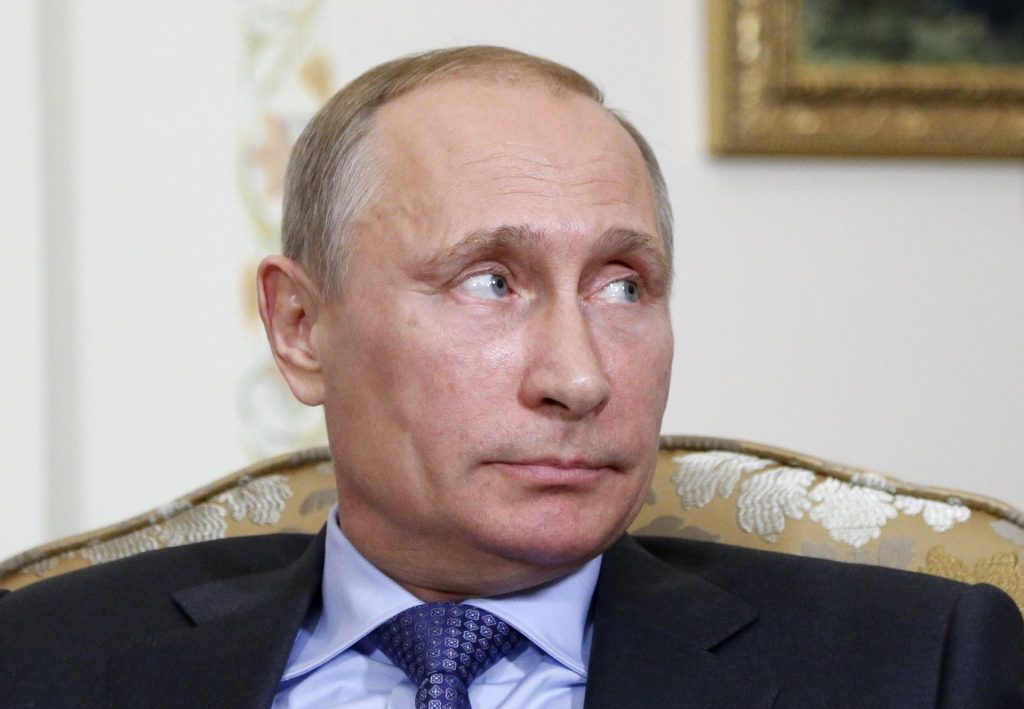Europe's leaders have gathered in Brussels for a crisis summit on Thursday evening to decide on their response to a Russian invasion that Ukraine's president has likened to "Nazi Germany".
As military and civilian casualties mount from Moscow's long-trailed onslaught, fears are also growing that an early trickle may soon become a flood of refugees heading westwards into Poland or even Romania.
The EU's reputation as a strategic strength will be put to the test, just weeks after would-be peace broker Emmanuel Macron of France seemed to have made progress in Moscow with putting off the prospect of war.
Related News
- Airstrikes, invasion, heavy fighting at Chernobyl: Russia goes to war with Ukraine
- Belgium warns of potential cyberattacks resulting from Russian invasion of Ukraine
- 'Unjustified and illegal': European Parliament condemns Russian invasion
Between the devil and a very deep, very Black Sea, so to speak – the bloc now faces a hard sell for a response limited to sanctions, where an economic clamp on oligarchs would also rebound on European markets... and an even harder pitch for a more militarised riposte.
"Once again, in the centre of Europe, innocent women, men and children are dying or fear for their lives," said European Commission President Ursula von der Leyen upon presenting "a package of massive and targeted sanctions to European Leaders for approval."
She said Russia's target "is not only Ukraine, the target is the stability in Europe and the whole of the international peace order."
Responses to the Russian invasion
Europe's proposed response is to block "access to technologies and markets that are key for Russia," while freezing assets and preventing Russian banks from accessing European financial markets.
The EU already applied sanctions against Russia following its recognition earlier this week of the eastern Ukrainian "people's republics" Luhansk and Donetsk as independent territories.
Despite German reticence over American demands to strangle a bilateral investment with Russia on a new pipeline to deliver Russian gas to EU markets, "Nord Stream 2 is dead" even before the sanctions negotiations begin, in the words of Fabian Zuleeg, Chief Executive of Brussels based think tank European Policy Centre.
"What drives all this is Germany," he told The Brussels Times. "They have taken the pain with Nord Stream so they now expect everyone else needs to follow and they will throw their weight around, with French support."
The big question, though, is how adequate even the toughest economic sanctions will prove to curb a Putin drive some compare to renewed empire-building.
Leaders have to somehow couch their measured response while leaving the door open for "the possibility of escalating if Russia goes further," as Zuleeg put it.
"It's anyone's guess now," sighed a two-decade veteran of Brussels NATO ambassadorial meetings such as the breakfast talks held on Thursday morning to debrief leaders going into a summit which is sure to last long into the night.

